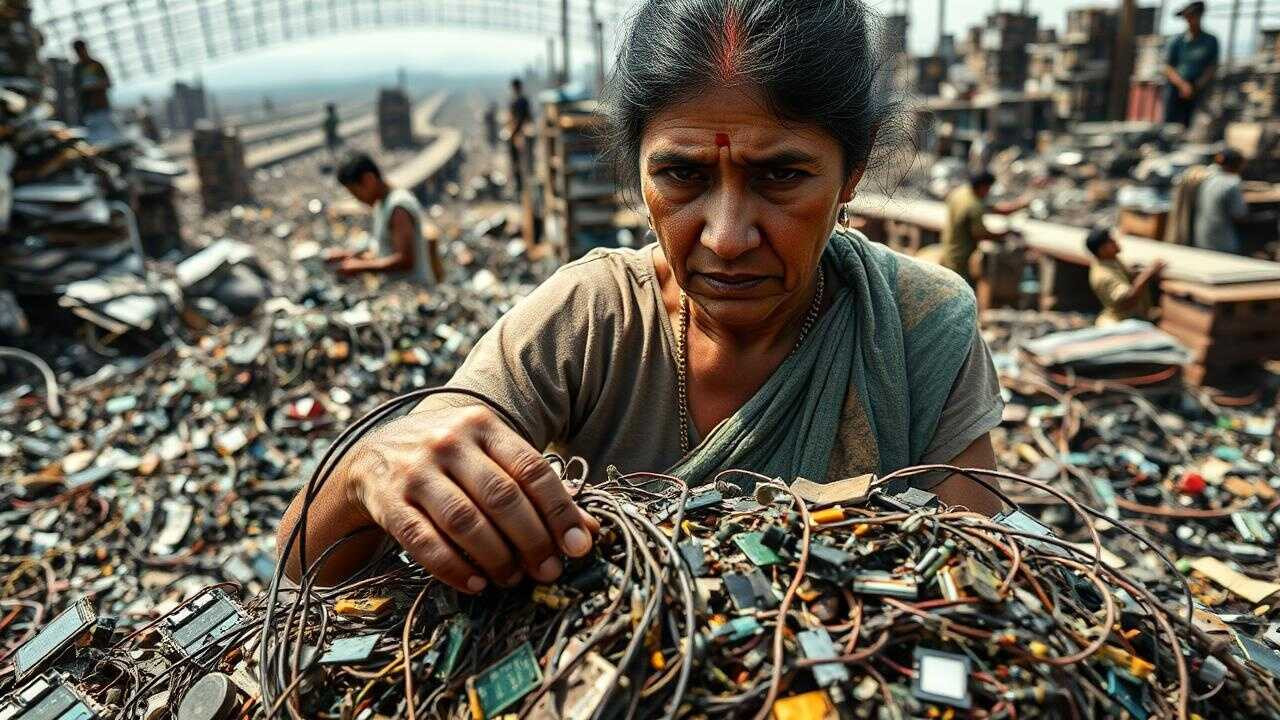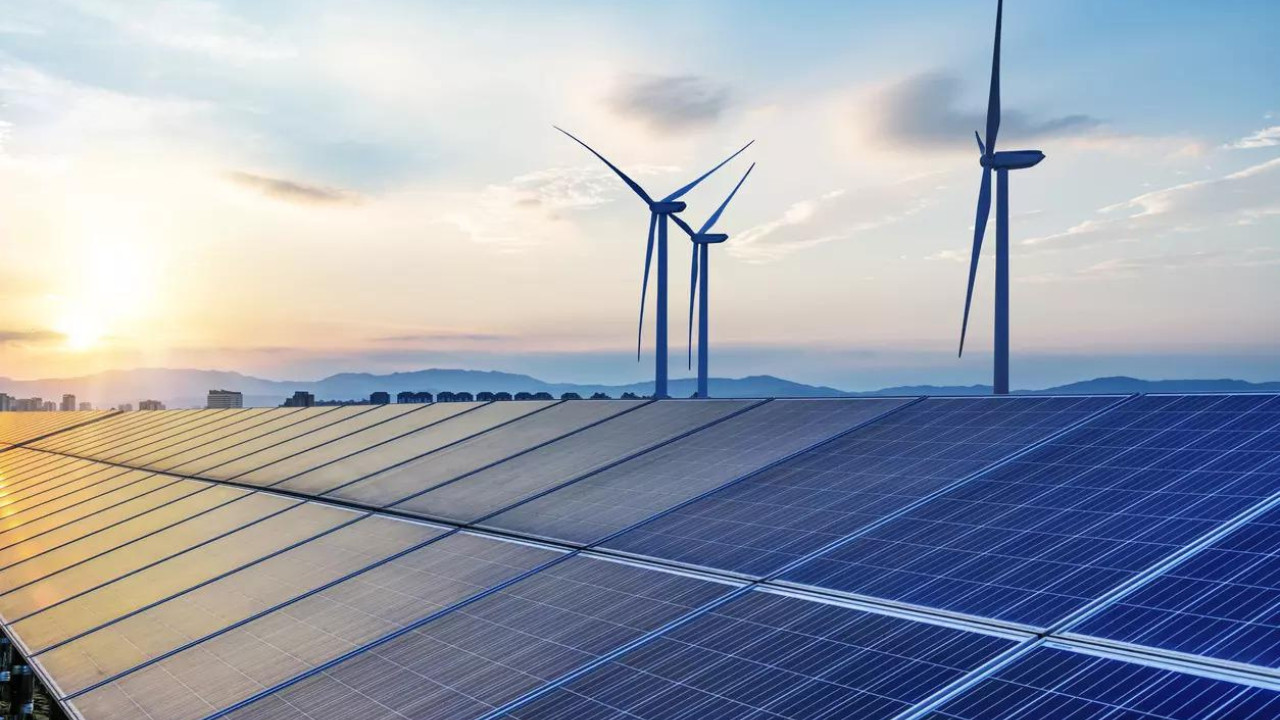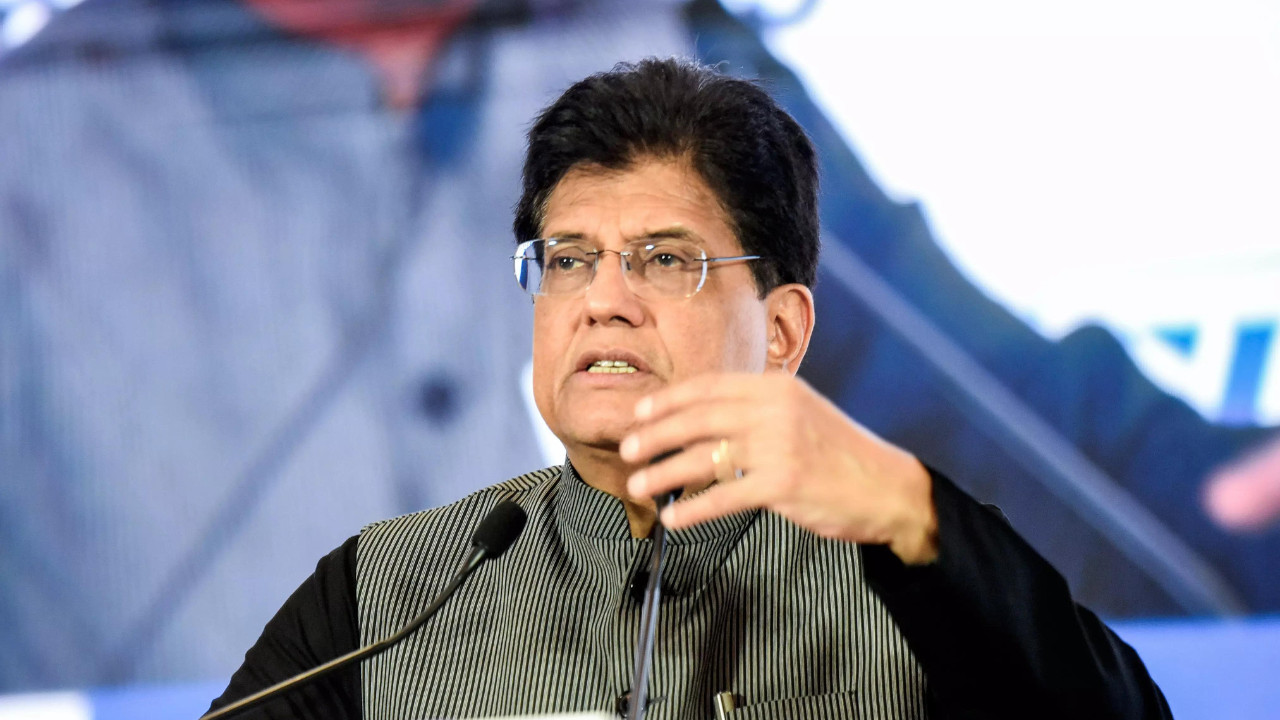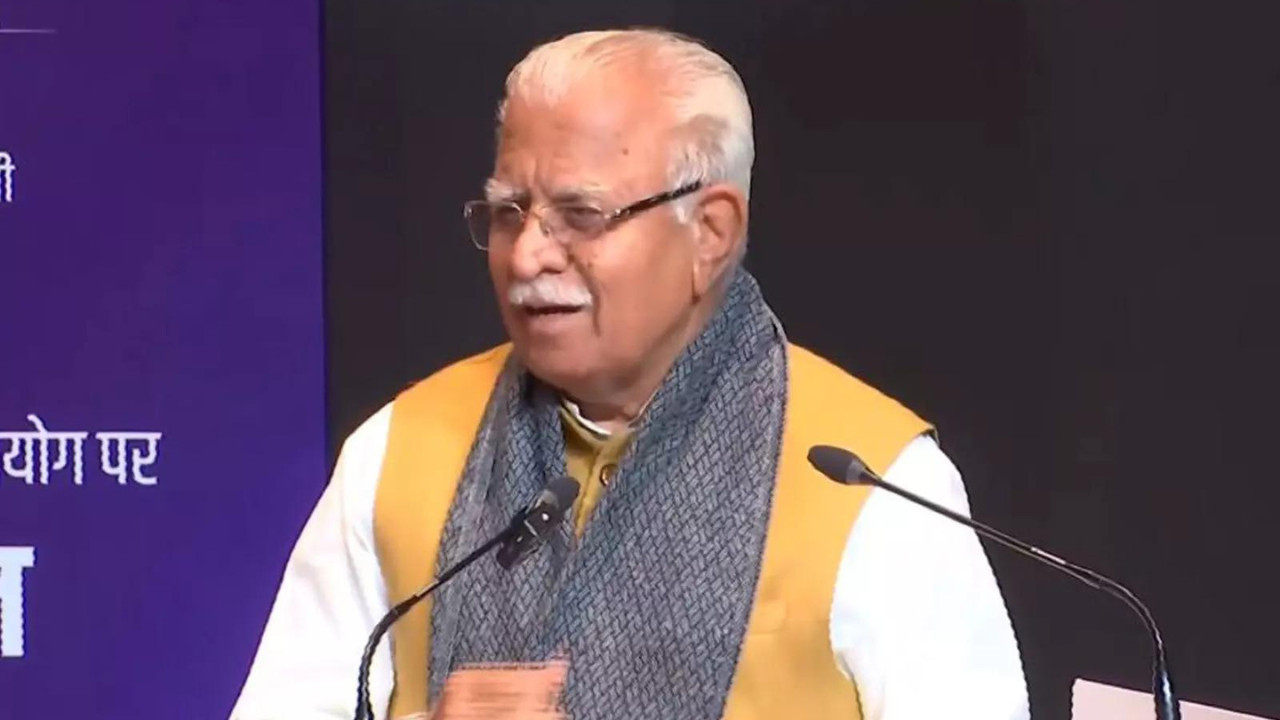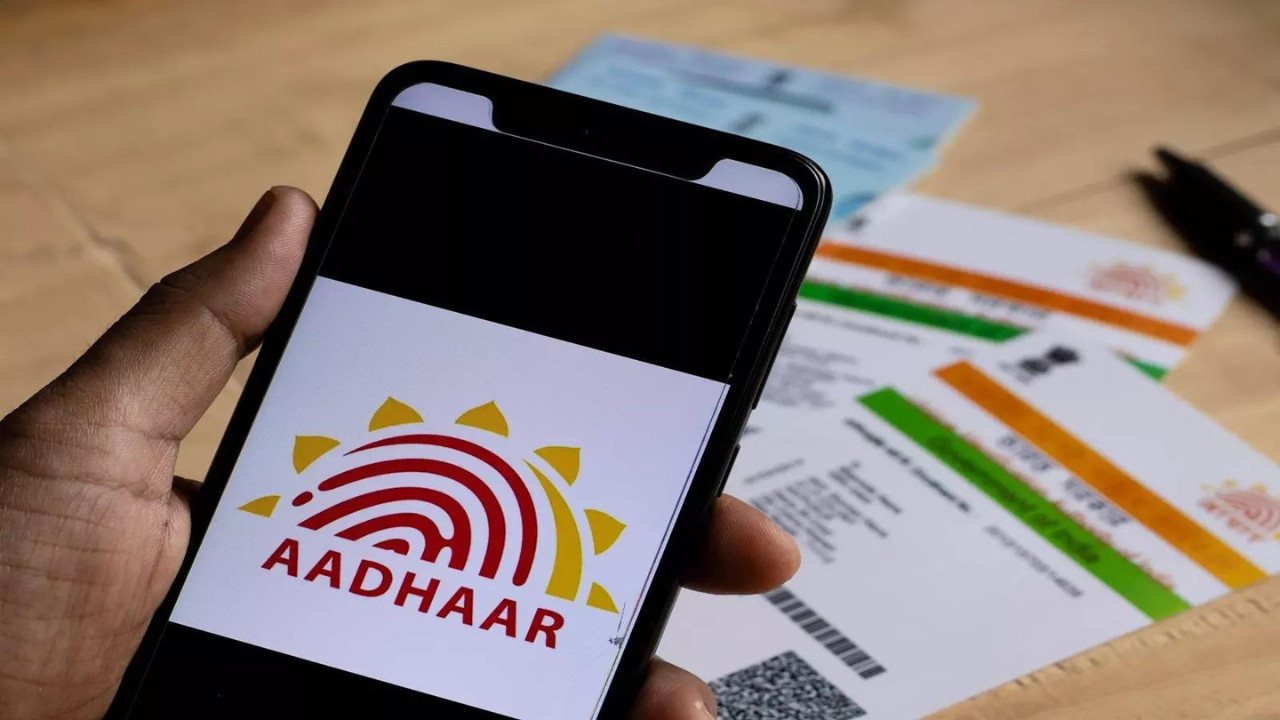India is boosting its electronic waste recycling capacity to recover critical minerals like lithium, cobalt, and nickel. A Rs 1,500 crore incentive scheme aims to reduce import dependence by supporting domestic processing of e-waste and used batteries. This initiative encourages private players and strengthens the formal recycling chain.
The Untapped Goldmine in Our Gadget Graveyards: India’s e-Waste Revolution
We live in a world saturated with technology. From smartphones glued to our palms to laptops fueling our workdays, electronics are integral to modern life. But what happens when these devices reach the end of their lifespan? They become e-waste, a rapidly growing mountain of discarded gadgets posing a significant environmental challenge – and, increasingly, a lucrative opportunity. India is now making a bold push to transform this challenge into a circular economy, focusing on the recovery of critical minerals from e-waste.
India’s e-Waste Recycling: A New Frontier
The sheer volume of e-waste is staggering. Discarded electronics contain a treasure trove of valuable materials, including gold, silver, copper, and increasingly sought-after critical minerals like lithium and cobalt – essential for batteries and renewable energy technologies. Currently, a significant portion of this valuable resource ends up in landfills, contributing to pollution and representing a missed economic opportunity. India’s government is actively working to change this narrative.
The focus has shifted toward incentivizing and integrating informal e-waste collectors and dismantlers into a formal, regulated system. These individuals, often working with limited resources, play a vital role in collecting and sorting e-waste. By providing them with access to better technology, training, and fair compensation, the government aims to create a more efficient and sustainable e-waste management ecosystem.
From Dismantlers to Refiners: Closing the Loop
The plan involves connecting dismantlers and crushers, who initially process the e-waste, with more sophisticated recyclers equipped with the technology to extract critical minerals. This integrated approach aims to create a closed-loop system where valuable materials are recovered and reintroduced into the manufacturing process, reducing reliance on virgin mining and promoting resource efficiency. The integration of shredders within the ecosystem will further enhance the material recovery process, making it economically viable to extract and reuse valuable resources.
Imagine a scenario where the lithium from your old phone battery finds its way into a new electric vehicle battery, powering a cleaner future. This is the vision driving India’s e-waste initiative. This initiative addresses the pressing need for critical minerals to bolster the development of industries that support energy transition.
The Benefits of e-Waste Recycling: Beyond Resource Recovery
The benefits of effectively managing e-waste extend far beyond simply recovering valuable minerals. Environmentally sound e-waste recycling protects ecosystems and reduces the health risks associated with improper disposal practices. Informal and unsafe dismantling methods often release harmful pollutants into the environment, contaminating soil and water sources. By promoting responsible recycling practices, India can minimize these risks and safeguard public health.
Moreover, the formalization of the e-waste sector creates new economic opportunities and jobs. From collection and dismantling to refining and manufacturing, a robust e-waste management industry can generate employment across various skill levels, contributing to economic growth and social development. This initiative is also a step towards achieving sustainable development goals, promoting responsible consumption and production patterns.
This initiative aligns perfectly with India’s broader goals of becoming a manufacturing hub and reducing its dependence on imports of critical minerals. By harnessing the resources embedded in its e-waste stream, India can strengthen its supply chains, boost its domestic manufacturing capabilities, and enhance its energy security.
Challenges and the Road Ahead
While India’s e-waste initiative holds immense promise, several challenges remain. Raising awareness among consumers about the importance of responsible e-waste disposal is crucial. Effective collection mechanisms need to be established to ensure that e-waste is properly channeled into the formal recycling system. Enforcement of regulations and monitoring of recycling practices are also essential to prevent illegal dumping and ensure environmental compliance. Moreover, continued investment in research and development is needed to develop innovative and cost-effective recycling technologies.
However, with strong government support, private sector participation, and public awareness, India is well-positioned to unlock the full potential of its e-waste resources and pave the way for a more sustainable and circular economy. This effort complements other sustainability initiatives, such as efforts to promote the use of sustainable packaging.
Ultimately, transforming e-waste from a problem into a resource requires a collective effort. Consumers, businesses, and policymakers all have a role to play in creating a closed-loop system that benefits both the environment and the economy. India’s journey toward responsible e-waste management offers a compelling example for other nations grappling with the growing challenge of electronic waste. The potential is massive, and the time to act is now.
